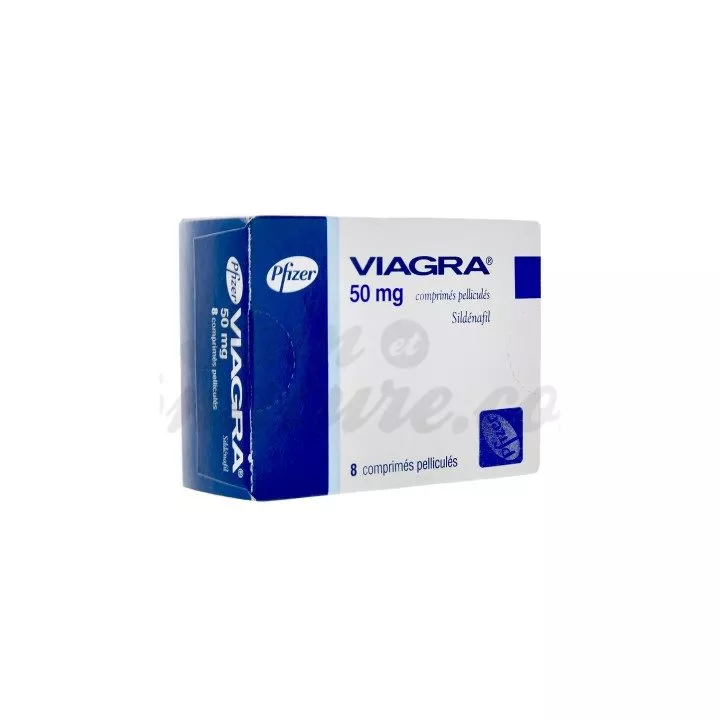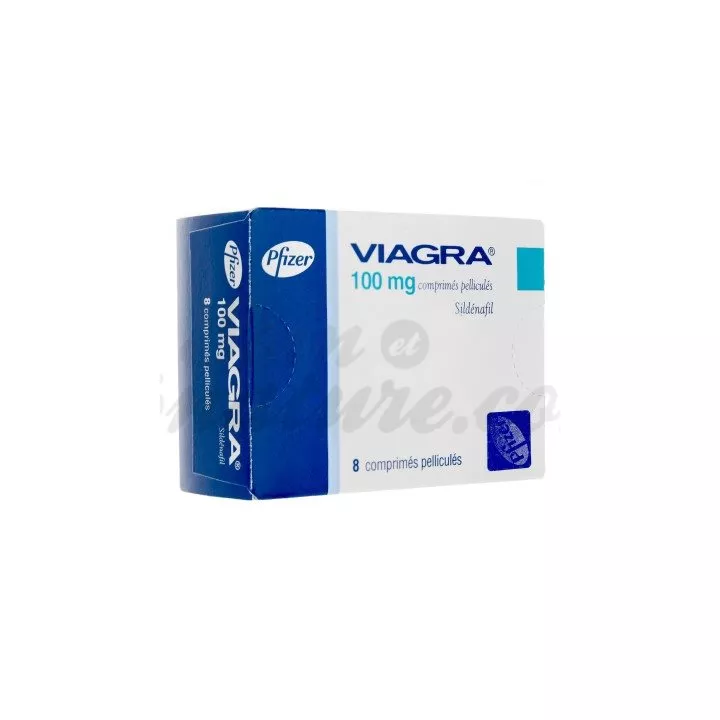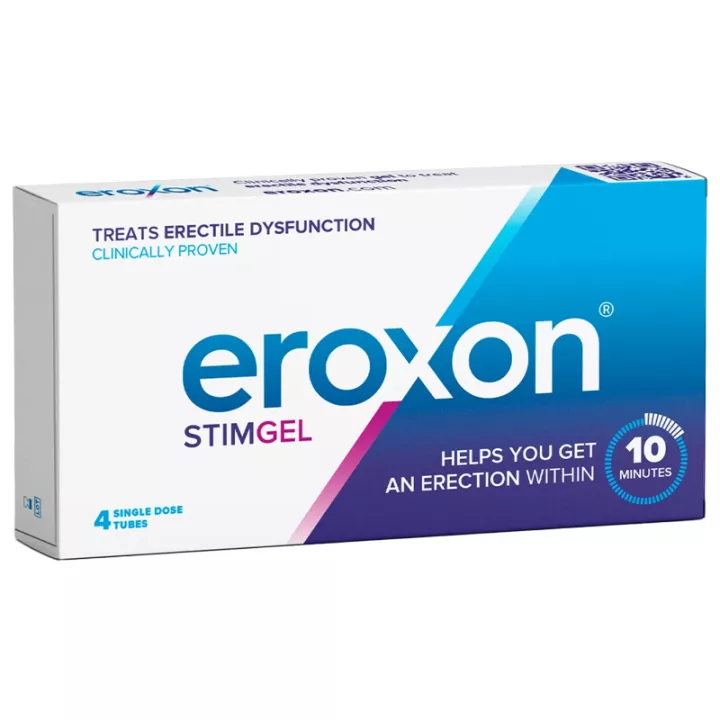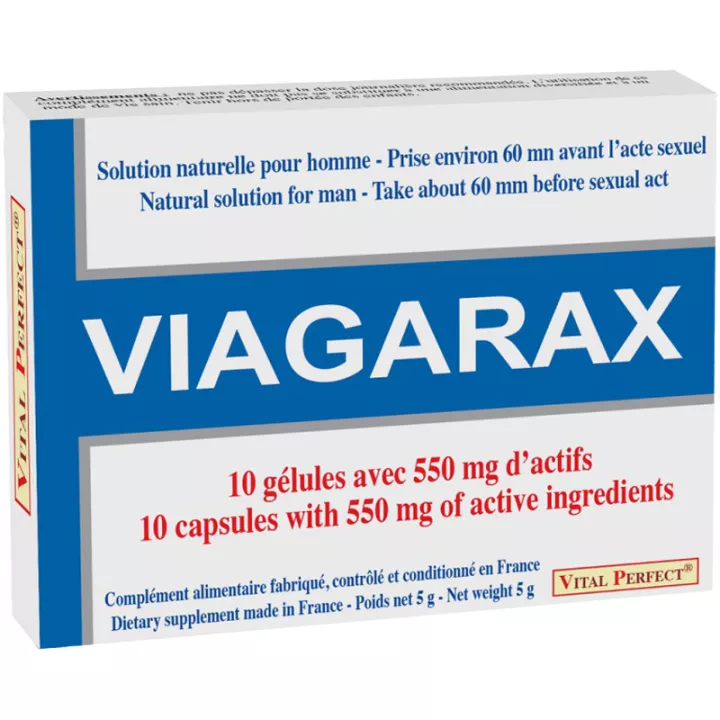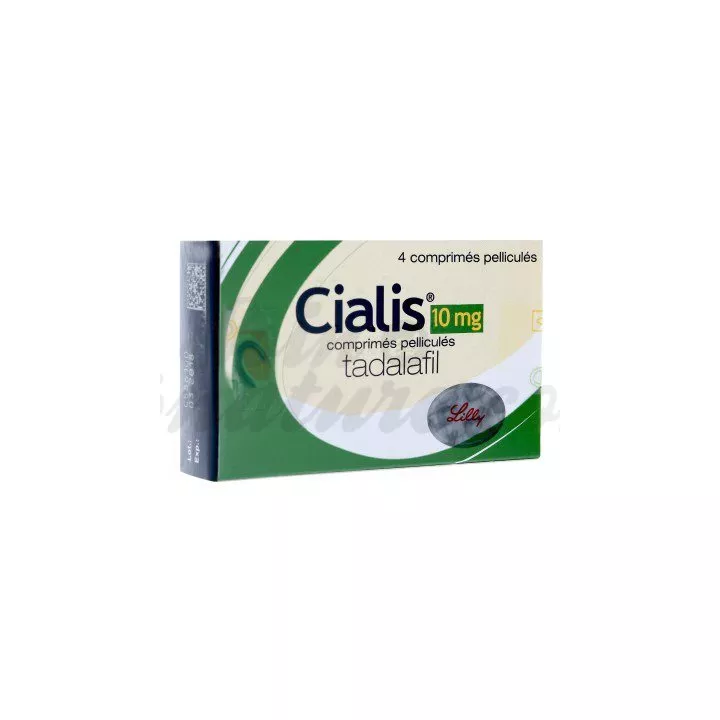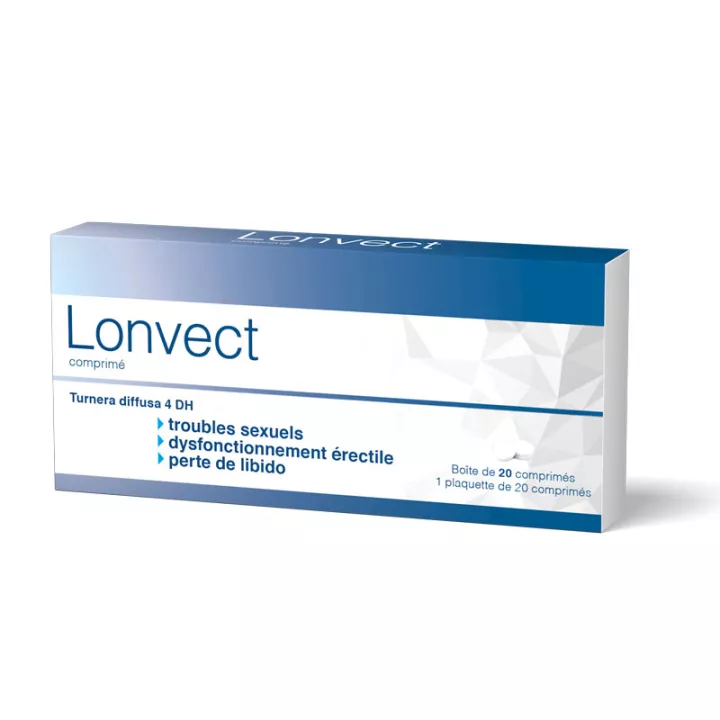Medication of impotence
sildenafil
. Presentations . Composition . Indications . Contraindications . Attention . Drug interactions . Pregnancy and breastfeeding . Instructions for use and dosage . Tips . Side effects . Lexicon
VIAGRA 25 mg: tablet (blue); box of 4.
Not refunded - Free price -
Prescription (List I)
VIAGRA 25 mg: tablet (blue); box of 8.
Not refunded - Free price -
Prescription (List I)
VIAGRA 50 mg: tablet (blue); box of 4.
Not refunded - Free price -
Prescription (List I)
VIAGRA 50 mg: tablet (blue); box of 8.
Not refunded - Free price -
Prescription (List I)
VIAGRA 50 mg: tablet (blue); box of 12.
Not refunded - Free price -
Prescription (List I)
VIAGRA 100 mg: tablet (blue); box of 4.
Not refunded - Free price -
Prescription (List I)
VIAGRA 100 mg: tablet (blue); box of 8.
Not refunded - Free price -
Prescription (List I)
VIAGRA 100 mg: tablet (blue); box of 12.
Not refunded - Free price -
Prescription (List I)
Pfizer PFE Laboratory France
| p cp | p cp | p cp |
| Sildenafil citrate | 25mg | 50 mg | 100 mg |
| Lactose | + | + | + |
This medicine is a
vasodilator that acts specifically on the penis. Its action on the rest of the cardiovascular system is minimal and is of consequence only in the case of a combination of nitrated vasodilator drugs (see Drug Interactions). It can only work in cases of sexual desire and does not usually trigger erection alone. Its effect is manifested at the latest one hour after taking and lasts 4 to 5 hours. Erection is improved or restored in 75% of users, all causes of impotence combined (except local radiotherapy and some surgical procedures).
It is used in the treatment of erectile dysfunction.
This medicine should not be used in the following cases:
The medical treatment of erectile dysfunction is conceivable only when the curable causes of impotence have been sought. The impotences of psychological origins can be improved or healed by specific therapies.
The resumption of a sexual activity in a man weakened by age or a chronic disease can be at the origin of a cardiovascular accident. A preliminary medical check-up is necessary.
Precautions are necessary in men with a bleeding disorder, a penile malformation or suffering from a stomach or
duodenum ulcer or a disease predisposing them to
priapism (
sickle cell disease , multiple myeloma,
leukemia ).
In case of sudden vision loss after taking the drug, stop the treatment and have an ophthalmological examination done urgently.
Avoid taking alcoholic beverages in large quantities: risk of lowering erection capacity.
Because of its potential side effects, this medication may not be compatible with driving or handling dangerous machinery in some people. Make sure that you take this medication for the first time before driving or using a machine.
The combination of sildenafil with nitrated
vasodilators can cause severe hypotension. These vasodilators may be drugs for the heart: nitroprusside, nitrite, nitrates, trinitrin, linsidomine, molsidomine, nicorandil. It can also be products sold in sex shops: "poppers", "boosts", "snappers", which contain nitrites and are used as amplifiers of orgasm or to dilate the anus.
The effect of sildenafil may be increased by drugs that contain ritonavir, saquinavir, itraconazole, ketoconazole, cimetidine or erythromycin: a reduction in the
dosage of sildenafil may be necessary.
Sildenafil may also interact with
alpha-blockers , particularly those used in the treatment of urinary disorders due to
prostate adenoma .
This medicine has no indication in women.
This medicine can be taken with or without food. Taken on an empty stomach, it acts faster. With a meal, its effect is delayed.
Usual dosage:
- Male over 18: 1 50 mg tablet, approximately 1 hour before intercourse. Depending on the effect of the drug, this dose may be decreased to 25 mg or increased to 100 mg. Do not exceed one dose per day.
This medicine is not an aphrodisiac, it does not create the sexual desire, but allows to concretize it.
Very frequently (more than 10% of users): headaches.
Frequently (more than 1% of users):
dizziness , redness of the face, blurred vision (mainly colors), difficult digestion, stuffy nose.
More rarely: rash, drowsiness, decreased sensitivity to touch, muscle pain, eye pain and red eyes,
palpitations , vomiting, nausea, dry mouth, tiredness, chest pain, malaise, nosebleed, decreased or sudden loss hearing, lowering or otherwise increasing blood pressure.
After the drug was marketed, other effects were observed:
myocardial infarction , angina pectoris, cardiac arrhythmias,
allergic reaction , convulsions.
Occasional partial or total visual field losses have also been reported in users of this drug (see Caution).
The risk of
priapism is low. If the erection is abnormally prolonged and painful, the doctor must be contacted urgently so that a suitable treatment can be implemented.
stroke
Brain injury due to haemorrhage or abrupt obstruction of an artery. Depending on the size of the lesion, the consequences are more or less serious: passenger discomfort, paralysis, coma.
Abbreviation: stroke.
prostate adenoma
Increase in the volume of the prostate gland located under the bladder of the man. This increase in volume is benign, has nothing to do with cancer, but may hinder the passage of urine in the canal (urethra) that passes through the gland.
The symptoms that suggest the presence of a prostate adenoma are:
- Difficulty urinating (slow, weak jet)
- the need to get up several times a night to urinate;
- urges to urinate imperious and difficult to control.
Some drugs, especially atropine, may have the undesirable effect of aggravating the discomfort and may lead to a complete blockage of the evacuation of the bladder. They are therefore contraindicated or should be used with caution in men with the symptoms described above.
alpha
Alpha receptors, present especially on the blood vessels and the urinary system, are responsible for their contraction. An alphablocker is a substance that blocks these receptors and thus causes vasodilatation (by loosening muscle fibers in the vessel wall) or opening the sphincter of the urethra.
angina pectoris
Oppressive pain due to partial obstruction of the coronary arteries that irrigate the heart muscle. It can manifest in the chest, arms or jaw.
Synonym: angor.
antecedent
Affection healed or still evolving. The antecedent can be personal or family. The antecedents are the story of a person's health.
sickle cell disease
Hereditary disease of hemoglobin, affecting mostly people with black skin of African origin. Red blood cells, deformed into sickles, are rigid and obstruct the small blood vessels. Sickle cell disease causes painful attacks, fever and anemia. Air travel is contraindicated in severe forms.
duodenum
Part of the intestine into which food from the stomach enters.
myocardial infarction
Destruction of part of the heart muscle (myocardium), deprived of blood by obstruction of its arteries.
Hepatic insufficiency
Inability of the liver to perform its function, which is essentially the elimination of certain wastes, but also the synthesis of many biological substances essential to the body: albumin, cholesterol and coagulation factors (vitamin K, etc.).
leukemia
Cancer developed from bone marrow cells. There are several varieties depending on the type of cells affected and the acute or chronic nature of the disease.
palpitations
Abnormal perception of irregular heartbeat.
dosage
Quantity and distribution of the dose of a drug according to the age, weight and general condition of the patient.
priapism
Erection abnormally prolonged and painful.
allergic reaction
Reaction due to the hypersensitivity of the body to a drug. Allergic reactions can be very varied: urticaria, angioedema, eczema, rash of measles-like pimples, etc. Anaphylactic shock is a generalized allergic reaction that causes discomfort by sudden drop in blood pressure.
retina
Nervous tissue that lines the back of the eye and plays the role of image sensor.
ulcer
Intense lesion of the skin, mucous membranes or cornea.
- Leg ulcer: chronic wound due to poor circulation of blood.
- Peptic ulcer: localized wound of the mucosa of the stomach or duodenum, due to an excess of acidity and very often to the presence of a bacterium (Helicobacter pylori). The ulcer is favored by stress, alcohol, smoking and certain medications (aspirin, NSAIDs, etc.).
vasodilator
Drug capable of dilating the blood vessels (artery, vein), as opposed to vasoconstrictor.
dizziness
Symptom that may indicate a sense of loss of balance (common sense) or, more strictly, a feeling of rotation on oneself or the environment (medical sense).

